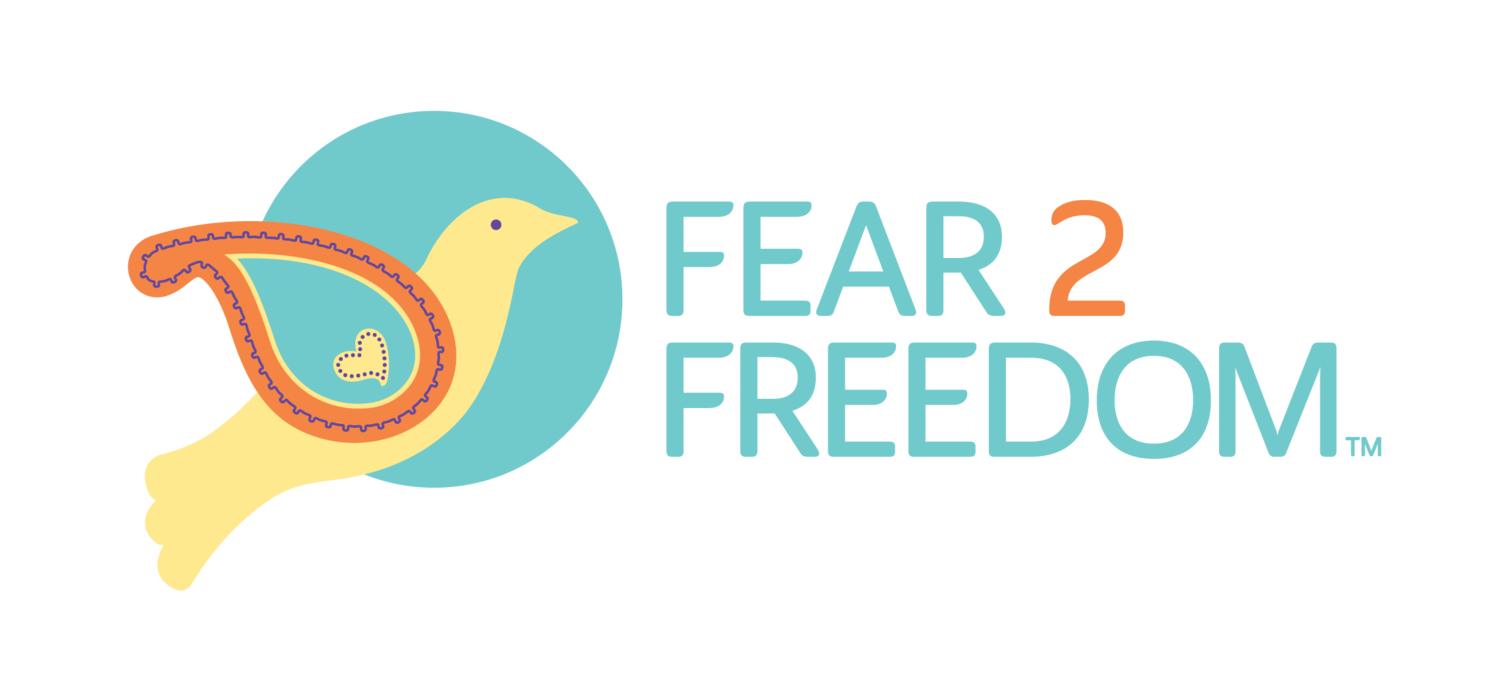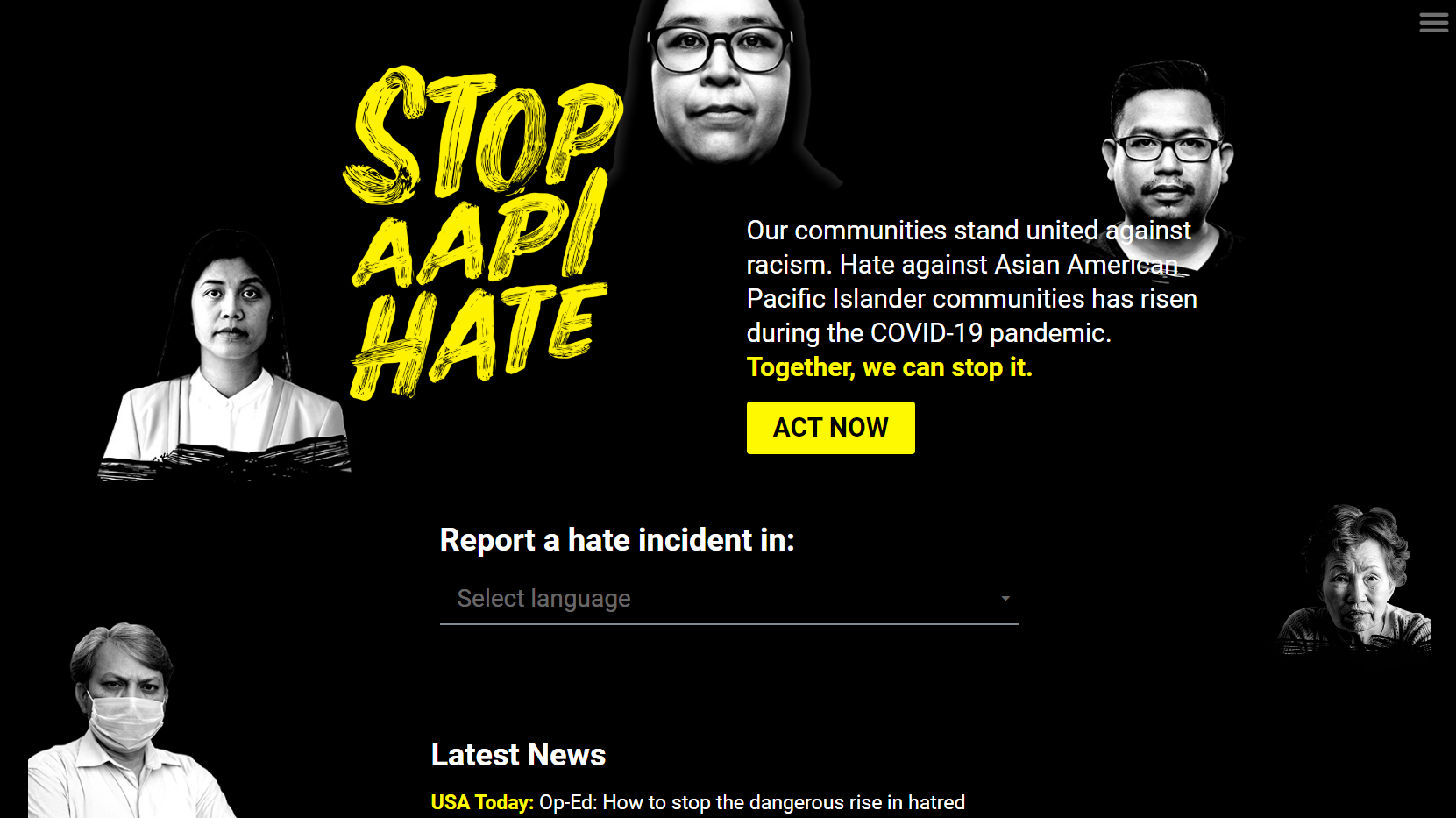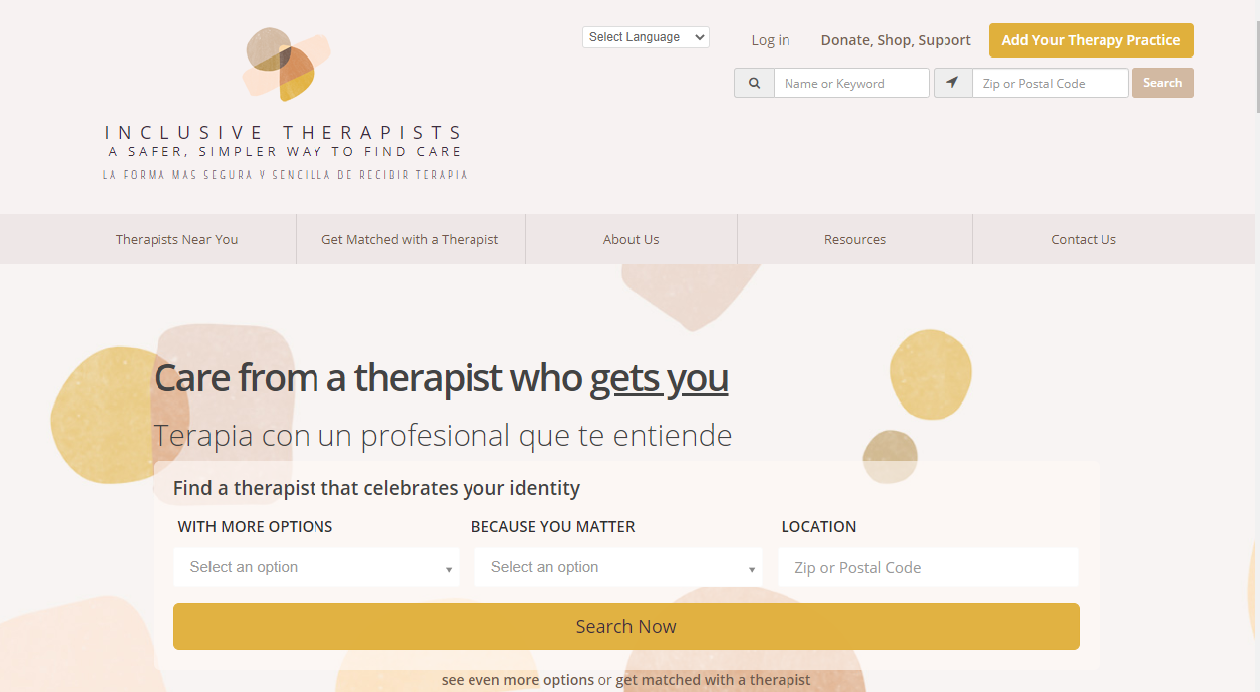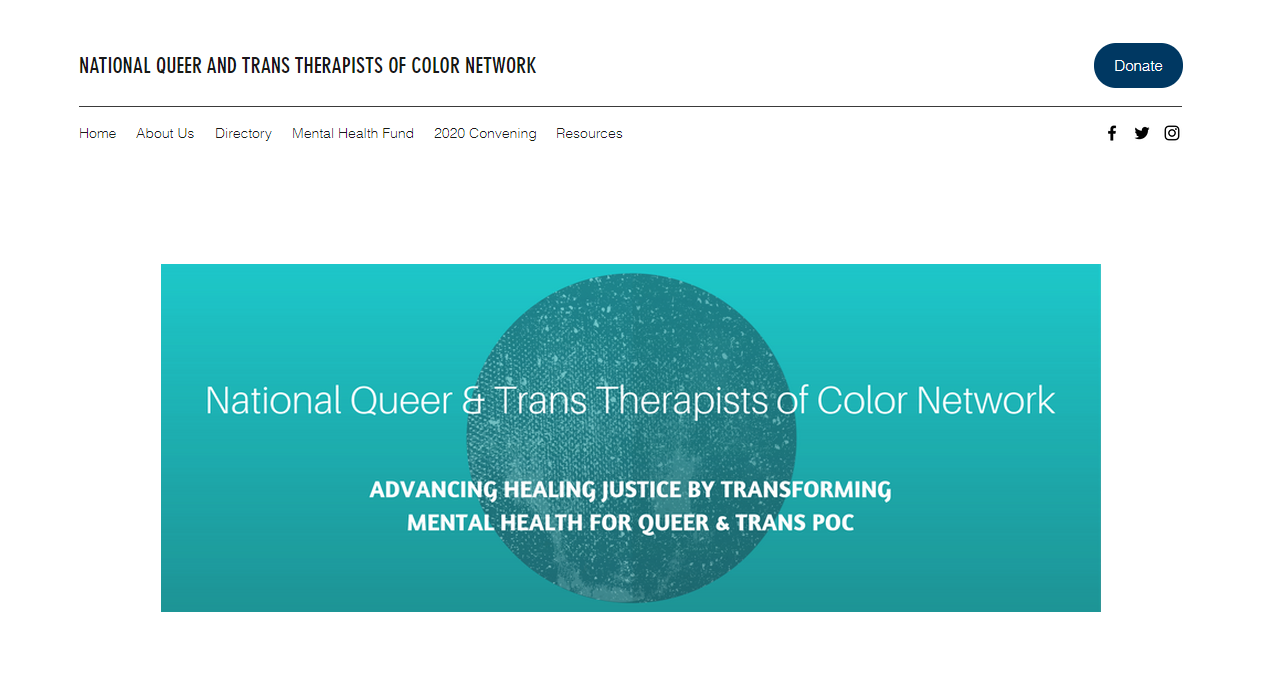written by: Caroline Branch, F2F Intern Spring 2023
Healing from a hardship tends to be a personal journey that is walked alone. Whether that is a personal choice or reality, having a strong, positive support system contributes to healing. Social isolation and loneliness is not a healthy and effective form of recovery. Not only is having a strong support system essential during hardships, but it is also important to have throughout prosperity because there is power in having a positive network.
Most people do not tend to understand the depth of the benefits and importance of having a positive network during life’s hardships until they personally experience it. This is because it is difficult to ask for help and advice from others. A support system doesn’t have to be this large expansive network, it can be just one or two close people. Whatever the size, they can be powerful forces for healing & wellness if they provide you with practical support for your mental & physical health.
Many people, including myself, frequently think that it is easier to do things alone. We may choose to not worry about our own health because it feels “simpler” or “easier”. However, this is far from the truth. A true support system reminds you to take care of yourself and encourages you to be yourself throughout the difficult times we all face. In the process of healing from hardships, your support system is a group for you to rely and lean on. However, there are steps and precautions to take when building the most beneficial support system for you personally. Here are some helpful tips to build your support system.
1. Be open to seeking & receiving help
Remind yourself that it’s okay to ask for help when you are in need of it and do your best to accept it even when it may be difficult.
2. Review your current relationships
Whether those are familial, friendships, or other social circles, try to ask yourself if they have your best interest in mind. Evaluate who offers the most positive influence and gives the best, and most truthful advice. Honest guidance is something everyone needs to receive in order to grow, mature, and develop.
3. Care for your physical health to help your mental health
Engage in new activities like clubs, sport teams, or a workout group that can help boost your mood and improve your physical health in ways that work for your body and lifestyle. Physical health is just as important as emotional or mental health because they are all linked.
Expanding and building a solid support system is way easier said than done. Remind yourself that it takes time and even though it may be difficult to ask for help from others, building the right support network is absolutely worth it. From my own personal experience, it has helped me grow as a person and inspired me to be there for others as much as they are there for me. Healing from hardships is a journey, but the power of a good support system can help us rise above any hardship more effectively than when we try to go at it alone. Who is your support system?























